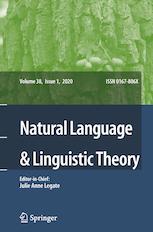This paper shows that a postalveolar co-occurrence restriction (Obligatory Contour Principle, OCP) is a productive component of Slovenian phonology. We first examine whether an apparent OCP-based restriction on derived palatalization, previously observed in corpus data (Jurgec 2016), extends to novel forms via a goodness-rating task. We then explore the generality of the restriction across the lexicon, in non-derived novel words as well as derived forms. Our results confirm that native speakers judge derived palatalized nonce forms to be less acceptable when the stem contains another postalveolar, reflecting the pattern found in the previous corpus study. We further demonstrate that multiple postalveolars are dispreferred even in non-derived words, which suggests that the effect is a general case of OCP. This is additionally supported by effects of proximity (the restriction is stronger for postalveolars separated only by a single vowel than for those further apart from one another) and identity (the restriction is stronger for identical than non-identical postalveolars), reflecting cross-linguistic tendencies in the manifestation of OCP and non-local consonant dissimilation. Finally, we show that the restriction does not appear to apply to all places of articulation, suggesting that the co-occurrence restriction in Slovenian specifically targets postalveolars, and adding a previously unattested pattern to the typology of OCP phenomena on consonant place.
Publication Type
- Article



